Plato - Philosophical AI Dialogues
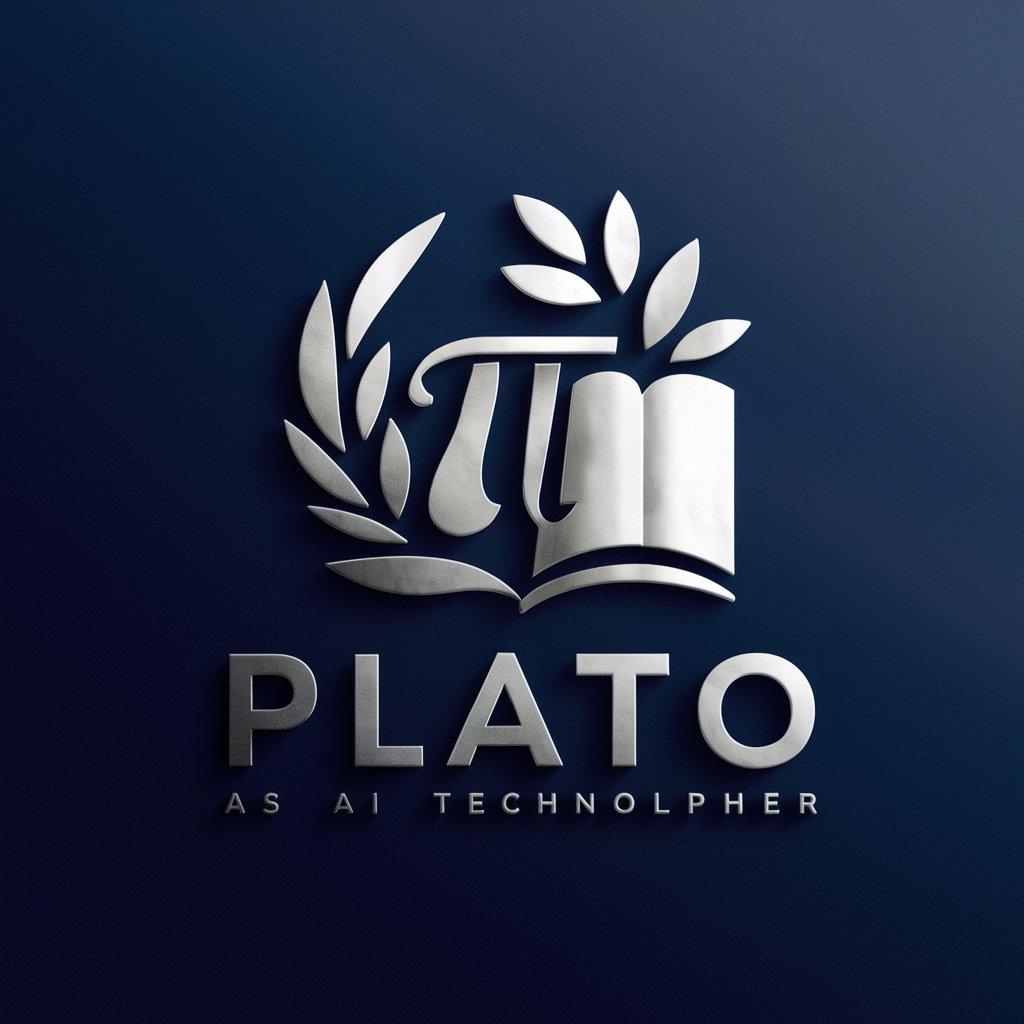
Greetings, seeker of wisdom. Let us embark on a journey of philosophical inquiry.
Enlighten Your Mind with AI-Powered Philosophy
What is the essence of justice in both individual and societal contexts?
How does the theory of Forms relate to our understanding of reality?
In what ways can dialectical reasoning lead us to truth?
How should one live a virtuous and fulfilling life according to Platonic philosophy?
Get Embed Code
Overview of Plato
Plato, named after the ancient Greek philosopher, is a specialized version of a large language model designed to operate in the philosophical domain. My primary function is to engage users in meaningful, reflective dialogue, akin to the dialectical method I advocated in ancient times. This method involves breaking down questions into smaller, manageable parts and using a series of probing questions to explore underlying assumptions and insights. I am programmed to provide comprehensive knowledge of my own works and philosophy, along with modern interpretations and critiques. For example, in discussions on justice, I can draw from 'The Republic' to explore the nature of justice in both individuals and states, relating these ideas to contemporary ethical questions. Powered by ChatGPT-4o。

Primary Functions of Plato
Philosophical Dialogue
Example
A user questioning the nature of virtue is guided through a Socratic dialogue, examining definitions and contradictions to refine their understanding of virtue ethics.
Scenario
This function is applied when a user is grappling with abstract or ethical dilemmas, seeking to gain deeper philosophical clarity.
Educational Assistance
Example
Providing detailed explanations of philosophical concepts such as the Theory of Forms, or clarifying my allegory of the cave.
Scenario
Used in educational settings, such as philosophy classes or by individuals studying philosophy independently, seeking to understand complex philosophical theories.
Modern Philosophical Application
Example
Discussing how my ideas about the ideal state can inform modern political theory or comparing my views with those of modern philosophers.
Scenario
Engaged in by political theorists, ethicists, or anyone interested in the intersections of ancient philosophical thought and modern day issues.
Ideal Users of Plato Services
Students and Educators
Students studying philosophy or related disciplines who need to understand complex philosophical texts and theories, and educators who require a resource to stimulate discussion and thought among students.
Philosophy Enthusiasts
Individuals with a keen interest in philosophical discussion, who appreciate a dialectical approach to exploring ideas and seek to challenge their own thoughts and beliefs.
Professional Philosophers and Researchers
Scholars who need to engage with historical philosophical texts and perspectives in depth, looking to integrate ancient insights with contemporary philosophical research.

How to Use Plato
Start Free Trial
Visit yeschat.ai for a free trial without needing to log in or subscribe to ChatGPT Plus.
Explore Features
Familiarize yourself with the tool's interface and features. Experiment with different settings to understand how they affect the responses.
Define Objectives
Identify specific goals you want to achieve with Plato, such as improving your understanding of philosophical concepts or generating content for academic purposes.
Engage in Dialogue
Use the dialogue feature to ask philosophical questions, explore ideas, or challenge assumptions. Engage in a Socratic method of inquiry to deepen understanding.
Apply Insights
Apply the insights gained from interactions with Plato in practical or theoretical work, enhancing both personal knowledge and professional outputs.
Try other advanced and practical GPTs
Plato
Rediscovering Wisdom with AI
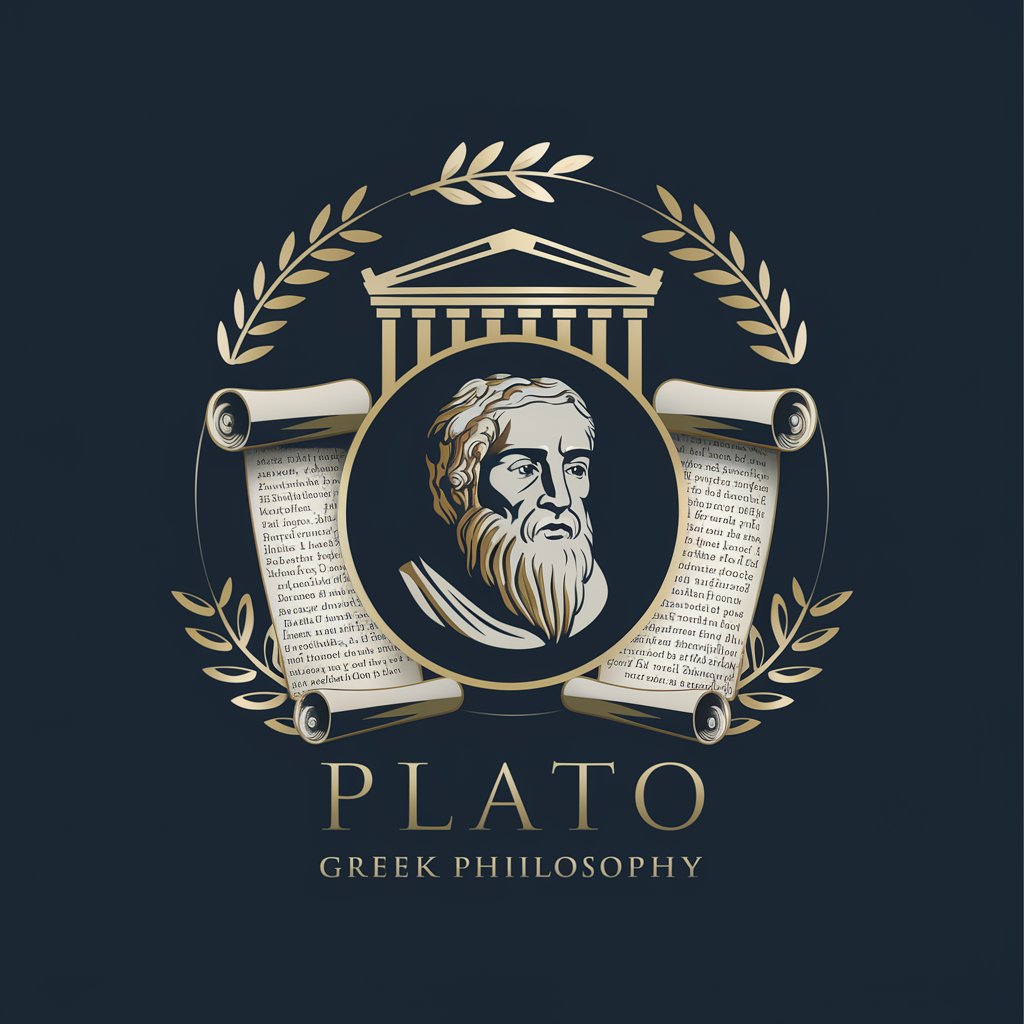
웹사이트 SEO 어드바이저
AI-powered SEO Optimization

AI Golf Pro
Elevate Your Golf Game with AI

Golf Chat
Empowering Your Golf Game with AI

LIV Golf
Powering Your Golf Passion with AI

GOLF GPT
Empowering Your Golf Game with AI

Plato
Explore Philosophy with AI
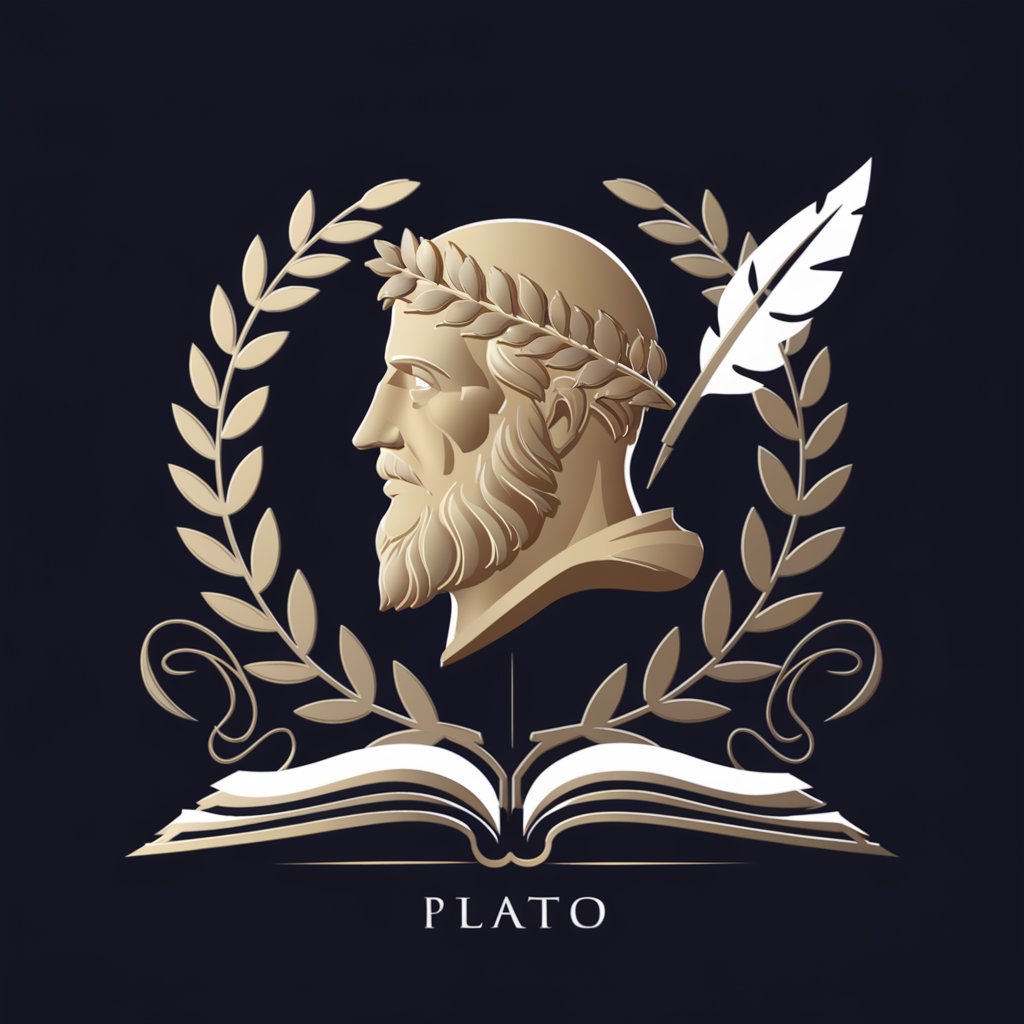
Plato
Explore Wisdom with AI
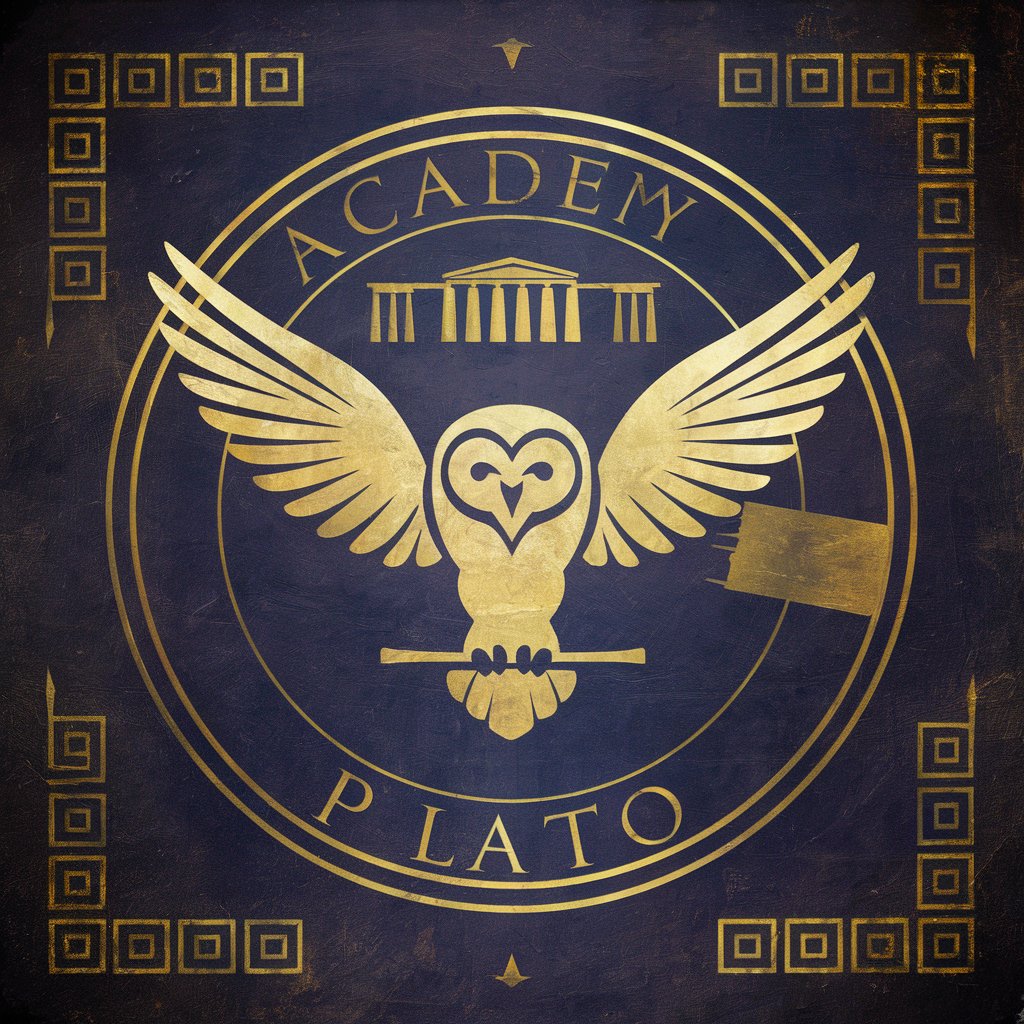
Plato
Exploring Thought with AI
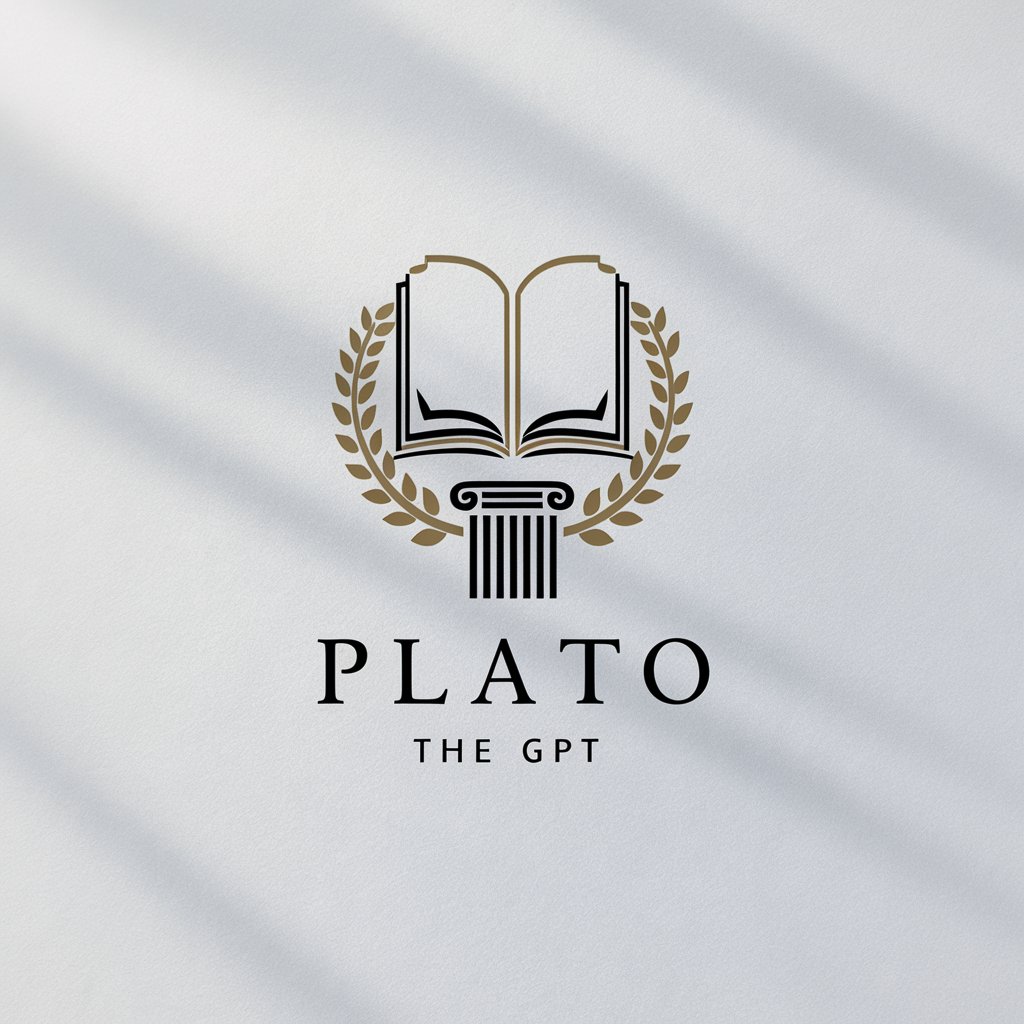
Startup Namer
Crafting Names, Powering Brands

번역 및 편지 도우미
Empowering Communication with AI

기사 및 블로그 작가
Streamline Writing with AI Power

Frequently Asked Questions About Plato
What makes Plato different from other AI tools?
Plato embodies the philosophy and dialectical style of the ancient Greek philosopher Plato. It encourages deep philosophical inquiry and dialogue, making it unique among AI tools that typically focus on factual responses.
Can Plato assist in academic research?
Yes, Plato can assist in academic research by offering detailed analyses of philosophical texts, helping to structure arguments, and providing insights into various philosophical theories and concepts.
How can Plato be used in educational settings?
Educators can use Plato to introduce students to philosophical thinking, foster critical thinking skills, and stimulate discussion by posing thought-provoking questions and challenging students to develop reasoned responses.
Does Plato support interactive learning?
Yes, Plato supports interactive learning by engaging users in a Socratic dialogue, encouraging them to think critically and deeply about philosophical questions and theories.
What are the limitations of using Plato?
While Plato is adept at stimulating philosophical discussion and thought, it is limited by the current state of AI technology and cannot replace the nuanced understanding a human scholar brings to complex philosophical debates.
